Agriculture is the predominant livelihood activity in hills. In India this region is spearhead over an area of 53.8 million ha, which is inhabited by 33.7 million people of who more than 90% live in rural setup. Agriculture is much more important for hills economy as scope for industrializations limited due to topographical constraints and environmental concerns. There are vast forests, pastures, grazing lands, miscellaneous groves and trees, much higher rainfall, moderate temperate and intensive natural vegetation which add lot of organic matter every year to soils. Naturally the fertility of soils in hills is comparatively high as compared to plain areas. Hills also have a comparatively advantage of niche over plains for production of the off-season vegetables; hi value vegetable seeds sub temperate and temperate fruits like apple, almond, kiwi etc., medicinal plants and other high value cash crops. However sustaining productivity in the hills is a major challenge. Sustainability is the ability of a system and its sub systems to maintain a certain well-defined level of performance or output over time. Sustainable agriculture development thus implies the management of resources including land, labour, capital, technology and water. The hills have limited cultivated land across the Indian Himalayas. Their economy is largely dependent upon agricultural crops, horticulture and livestock rearing. Farming in hills assumes greater significance in comparison to lowlands for reasons of fragility of environment. Agriculture is an important of all farming systems in the hills.
Sustainable Hill Agriculture: An Overview
$112.50
$125.00
In stock
Free & Quick Delivery Worldwide
All orders amounting to US$ 50 or more qualify for Free Delivery Worldwide. For orders less than US$ 50, we offer Standard Delivery at $14 per book.
ABOUT THE AUTHOR Anil Kumar
Dr. Anil Kumar, is Lecturer in the Department of Business Economics, Guru Jambheshwar University, Hisar in 2001. He has more than 10 years of teaching and research experience. 15 research papers have been published by him. He has already completed one minor research project financed by UGC and is presently working on one major research project financed by UGC. His areas of specialization include Industrial Economics, Human Resource Management and Entrepreneurship Development.
ABOUT THE AUTHOR B C Sharma
B.C. Sharma, after doing M.Sc. in chemistry from Kurukshetra University, Kurukshetra, obtained Ph.D. in inorganic chemistry from the Indian Institute of Science, Bangalore, for which he was Science, Bangalore, for which he was awarded Dr. J.C. Ghosh Prize. Apart from authoring several research papers, popular science articles and books, he has participated as a faculty member in numerous training programmes in science communication. He is a former Editor of the Indian Journal of Chemistry, Sec. A, and Science Reporter, both brought out by CSIR, and Head, Popular Science Division of NISCAIR.
reviews
0 in total
Review by Anonymous
Be the first to review “Sustainable Hill Agriculture: An Overview” Cancel reply
You must be logged in to post a review.
Bibliographic information
Title
Sustainable Hill Agriculture: An Overview
Author
Edition
1st ed.
Publisher
Agrobios (India), 2011
ISBN
9788177544534
Length
448p., Illustrations; Maps; 25cm.
Subjects
more by Anil Kumar see more
A Colour Handbook on Rainfed Kharif Crops: Protection, Constraints and Mitigation Strategies
Kharif season crops of ...
$99.00
$110.00
Rao Birender Singh and Politics
$31.50
$35.00
more by B C Sharma see more
more by Vikas Sharma see more
similar bookssee more
Economics of Sustainable Development
$78.30
$87.00
Fundamentals of Earth Science
$76.50
$85.00
Environmental Biology
$21.60
$24.00

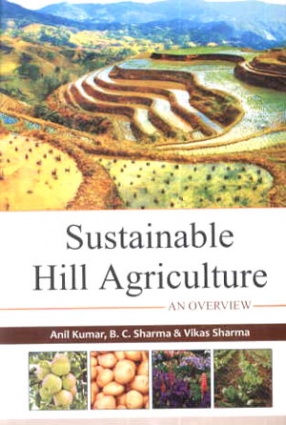

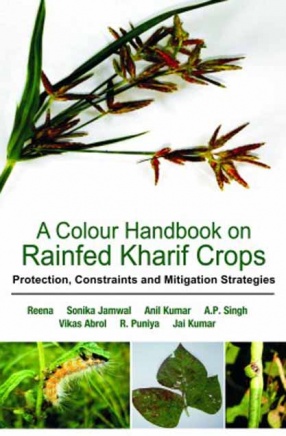

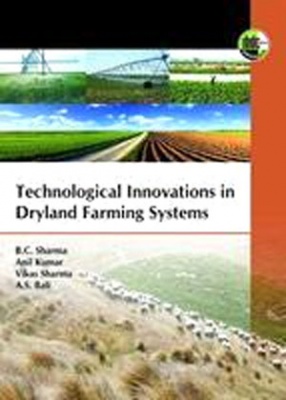

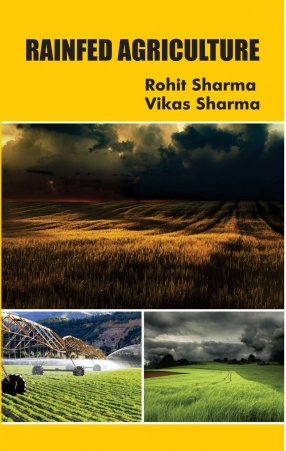


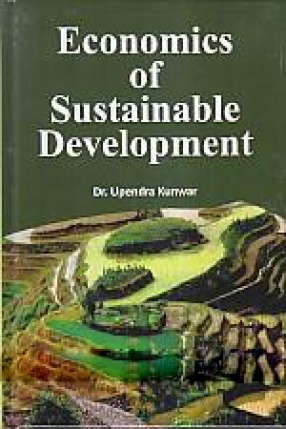


There are no reviews yet.